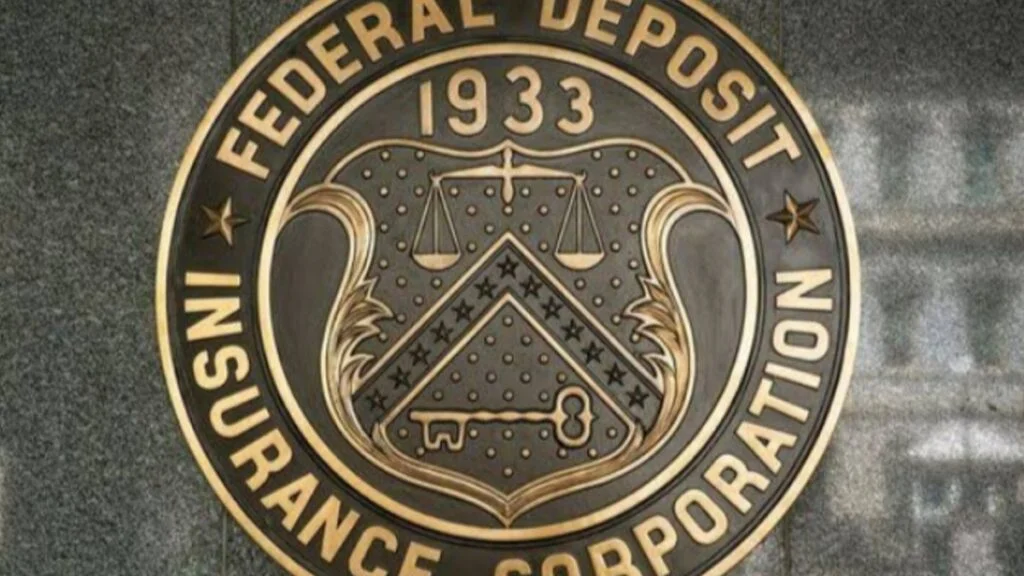The FDIC assesses the possible effects and difficulties of incorporating crypto activities within the established US banking environment.

In 2023, the FDIC looked at how cryptocurrency could affect the domestic banking system in its annual risk assessment. They’re in charge of deposit insurance and overseeing US financial institutions.
The unstable 2022 for crypto influenced this. Big companies like Terraform Labs, BlockFi, Celsius, Three Arrows Capital, and FTX had financial problems.
This affected banks like Silicon Valley Bank and Silvergate. The crypto market grows fast but has issues. The FDIC pointed out problems like vulnerability, legal uncertainty, transparency, and fraud risk.
They were concerned about the interconnected crypto industry, which could cause trouble for banks with lots of crypto. They also talked about “stablecoin run risks,” where banks could face sudden withdrawals due to their stablecoins.
In 2022, the FDIC began to tackle these issues. They told institutions under their control to openly share their Bitcoin involvement. By May, they made rules about deposit insurance and stopped companies from saying their crypto assets were FDIC-insured.
In 2023, the FDIC, the Federal Reserve, and the Office of the Comptroller of the Currency pushed banks to follow the law and prioritize customers when dealing with crypto.
They also discussed how crypto could affect bank liquidity in February. However, it’s significant to note that while the agencies advocate caution, they want banks to make informed choices and follow the rules to keep the banking system stable while crypto evolves.
